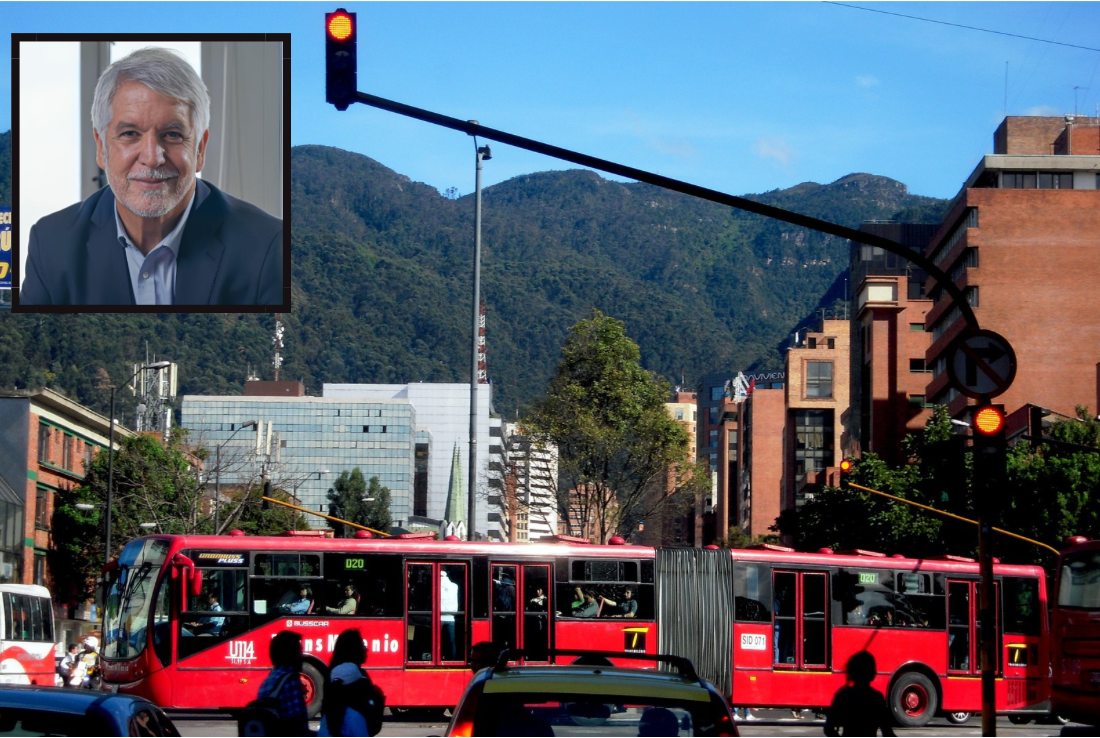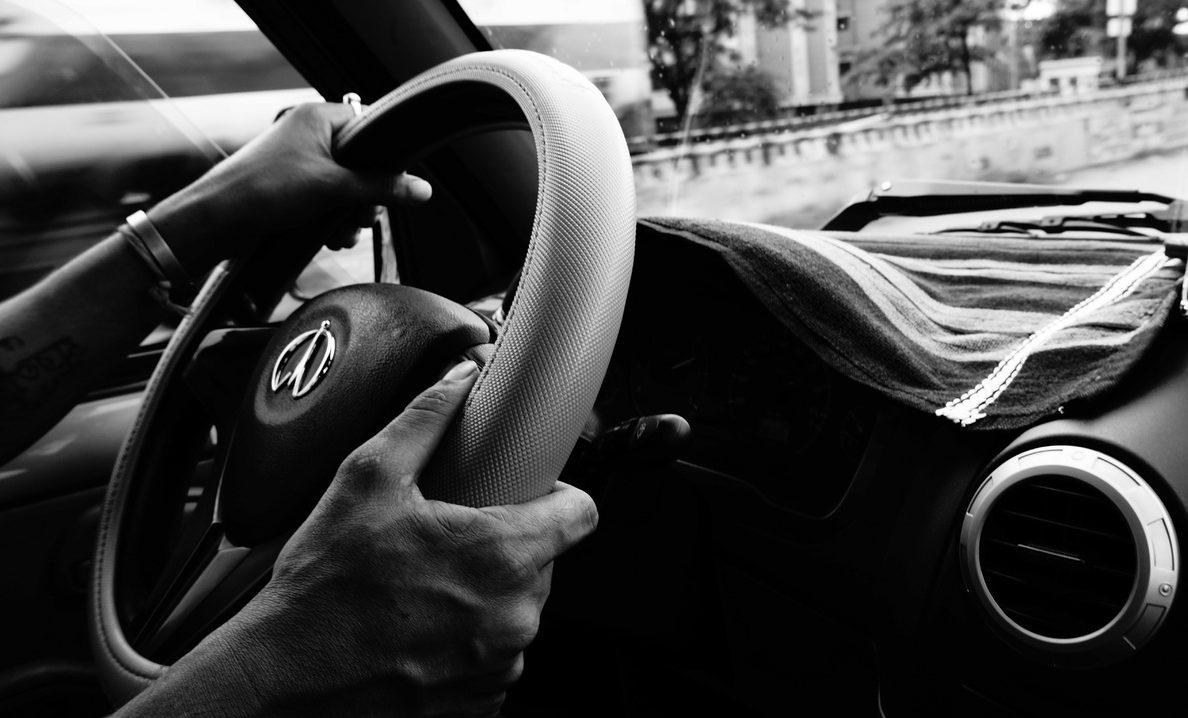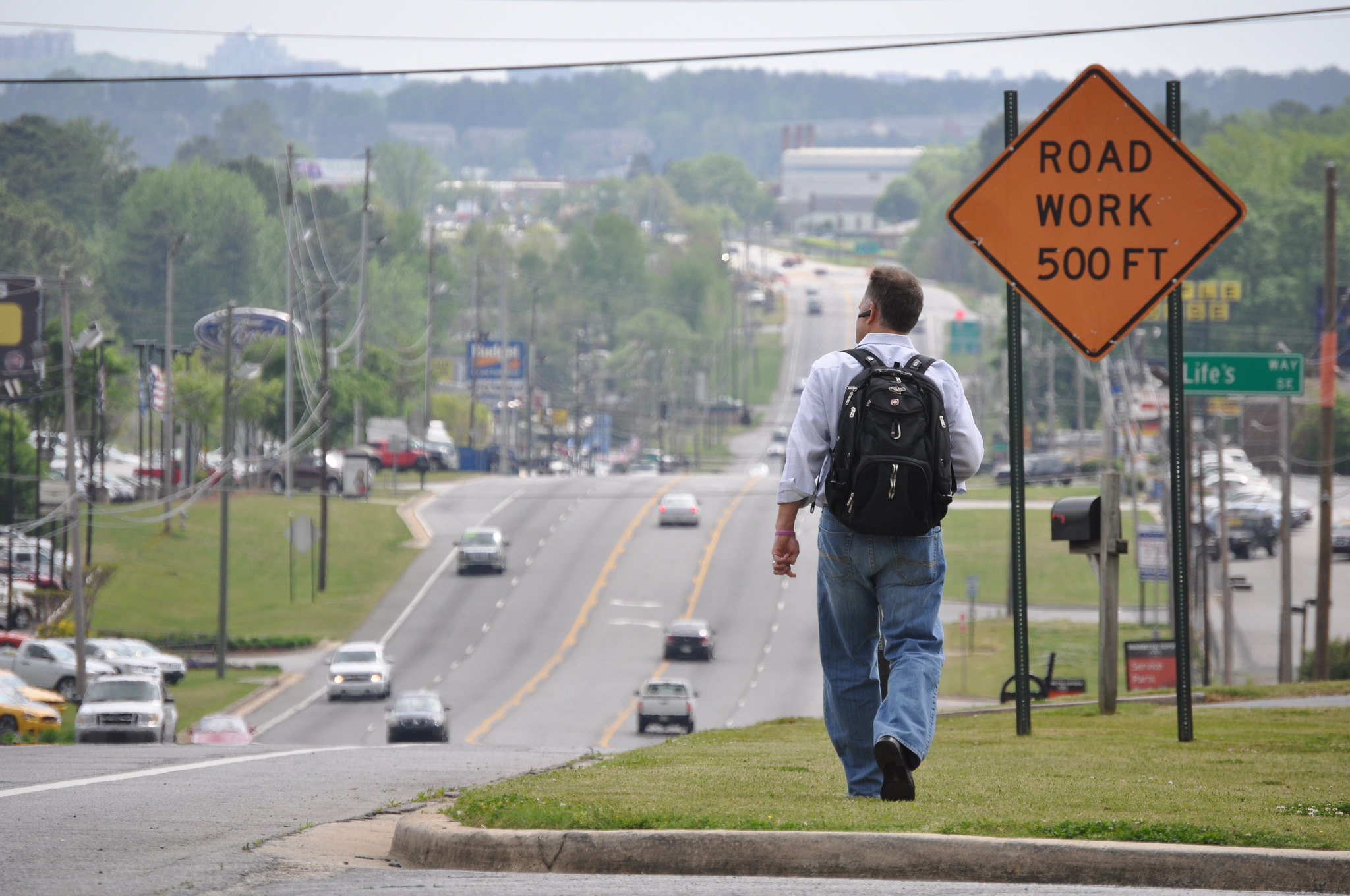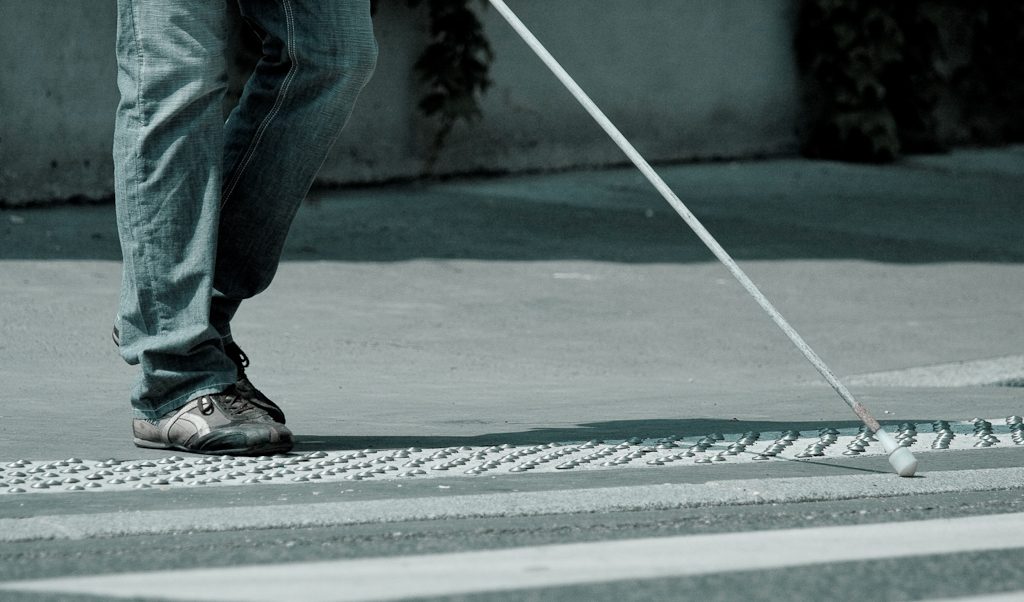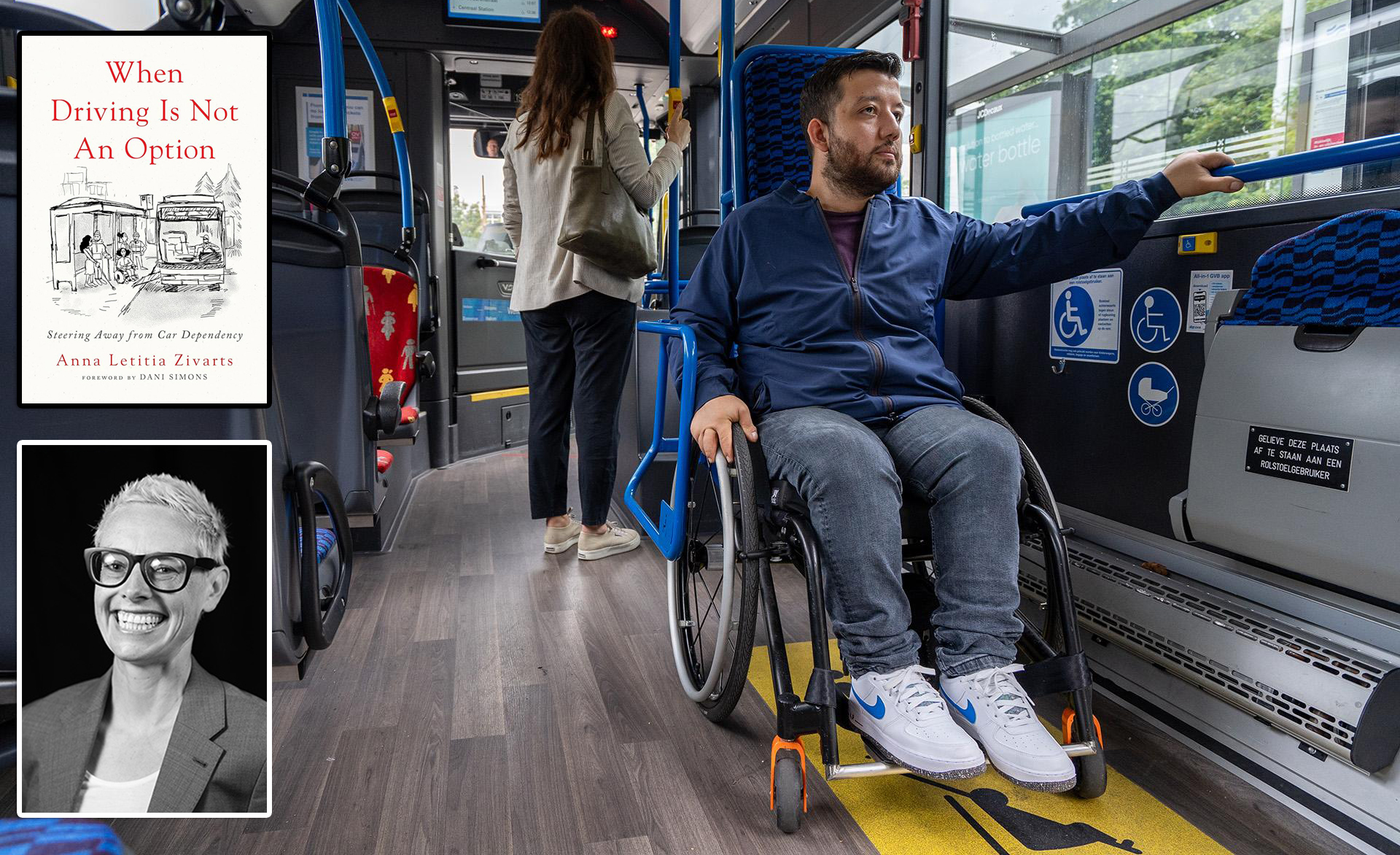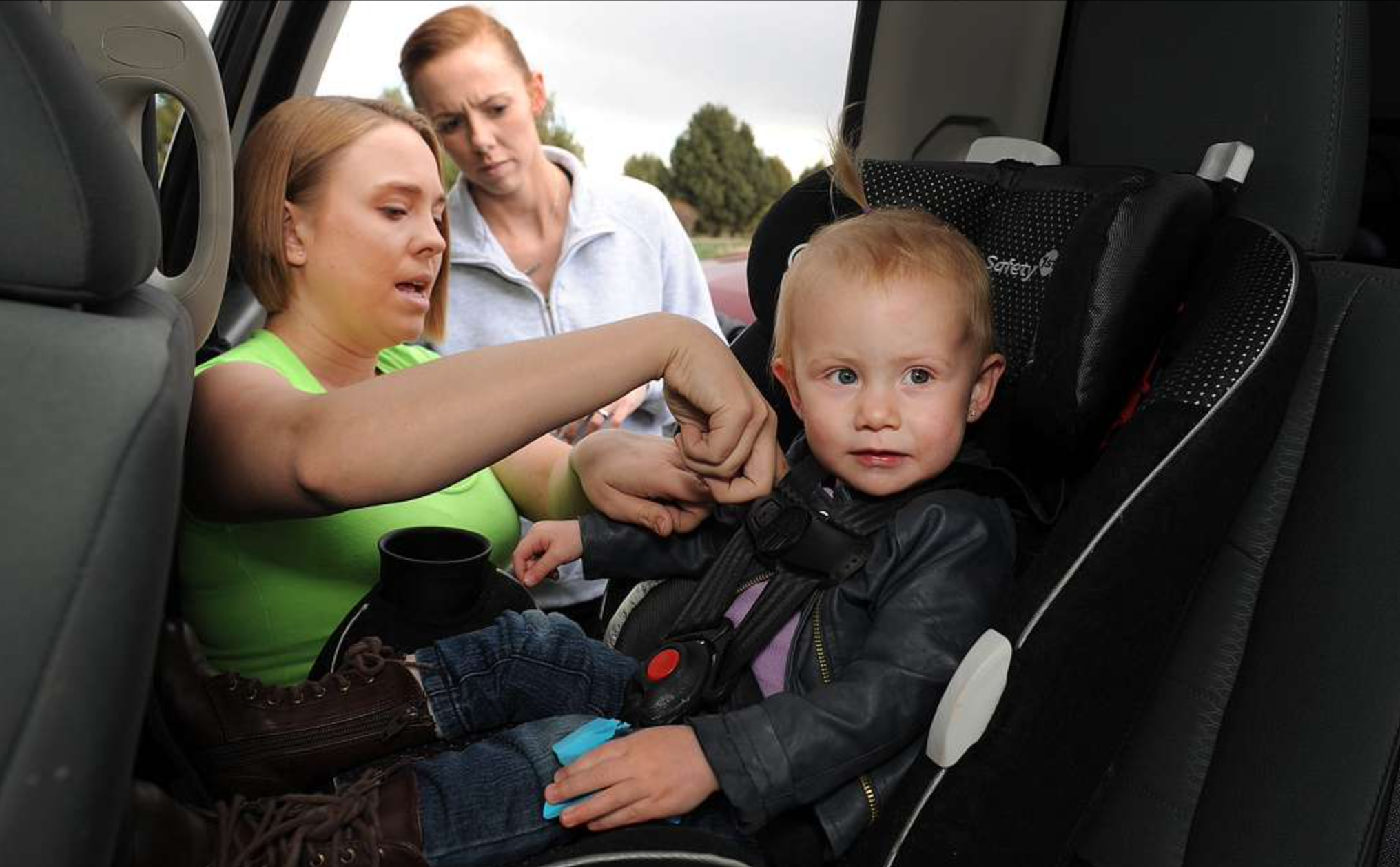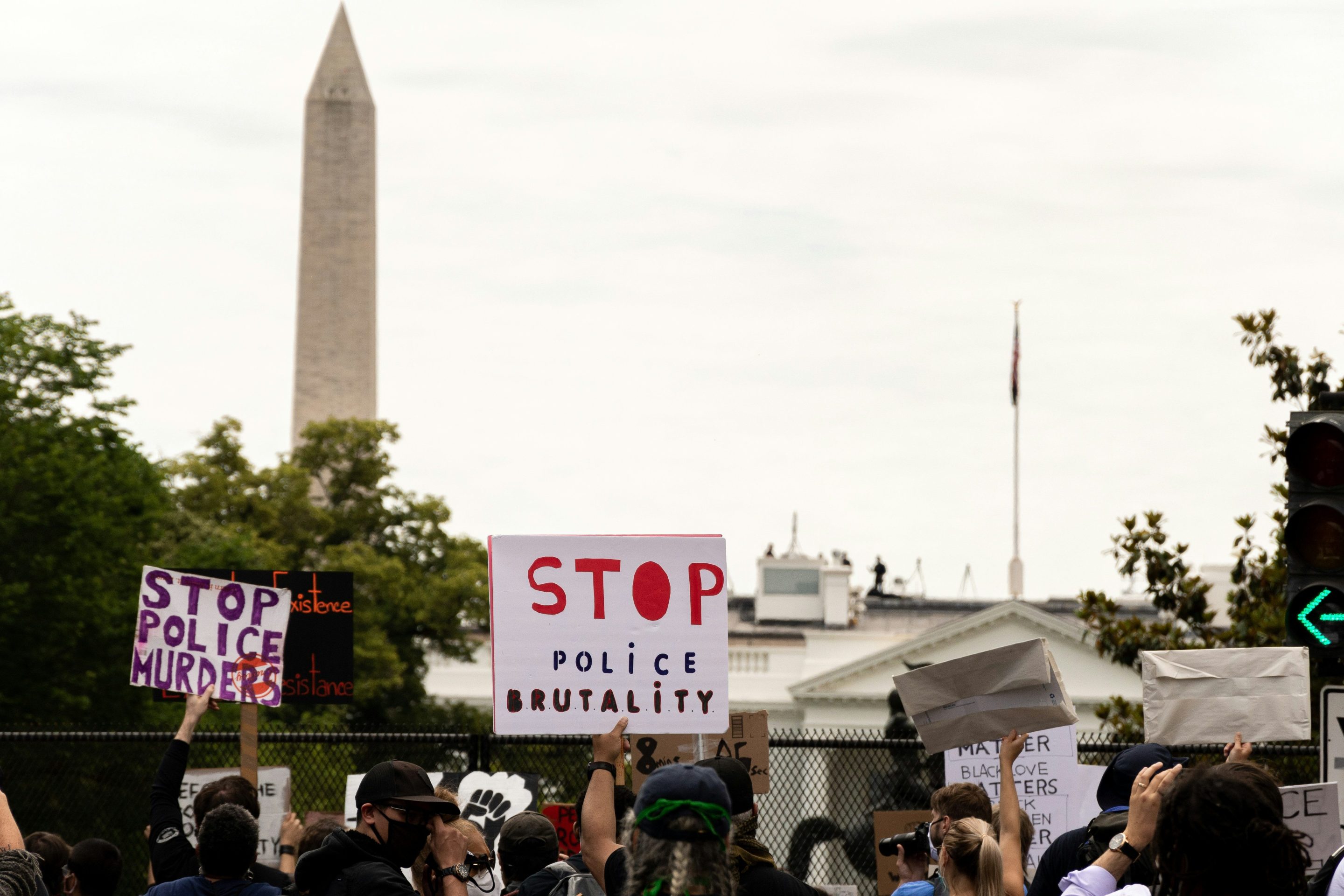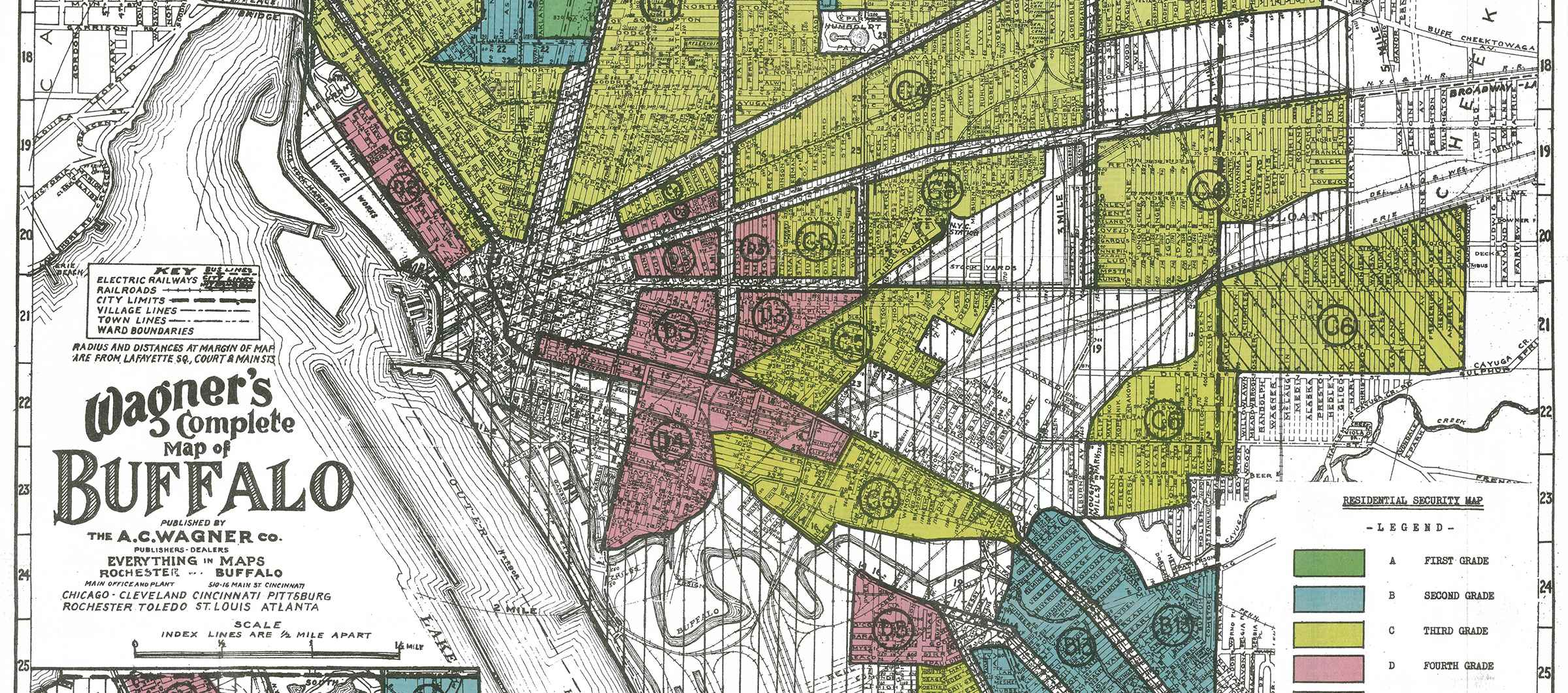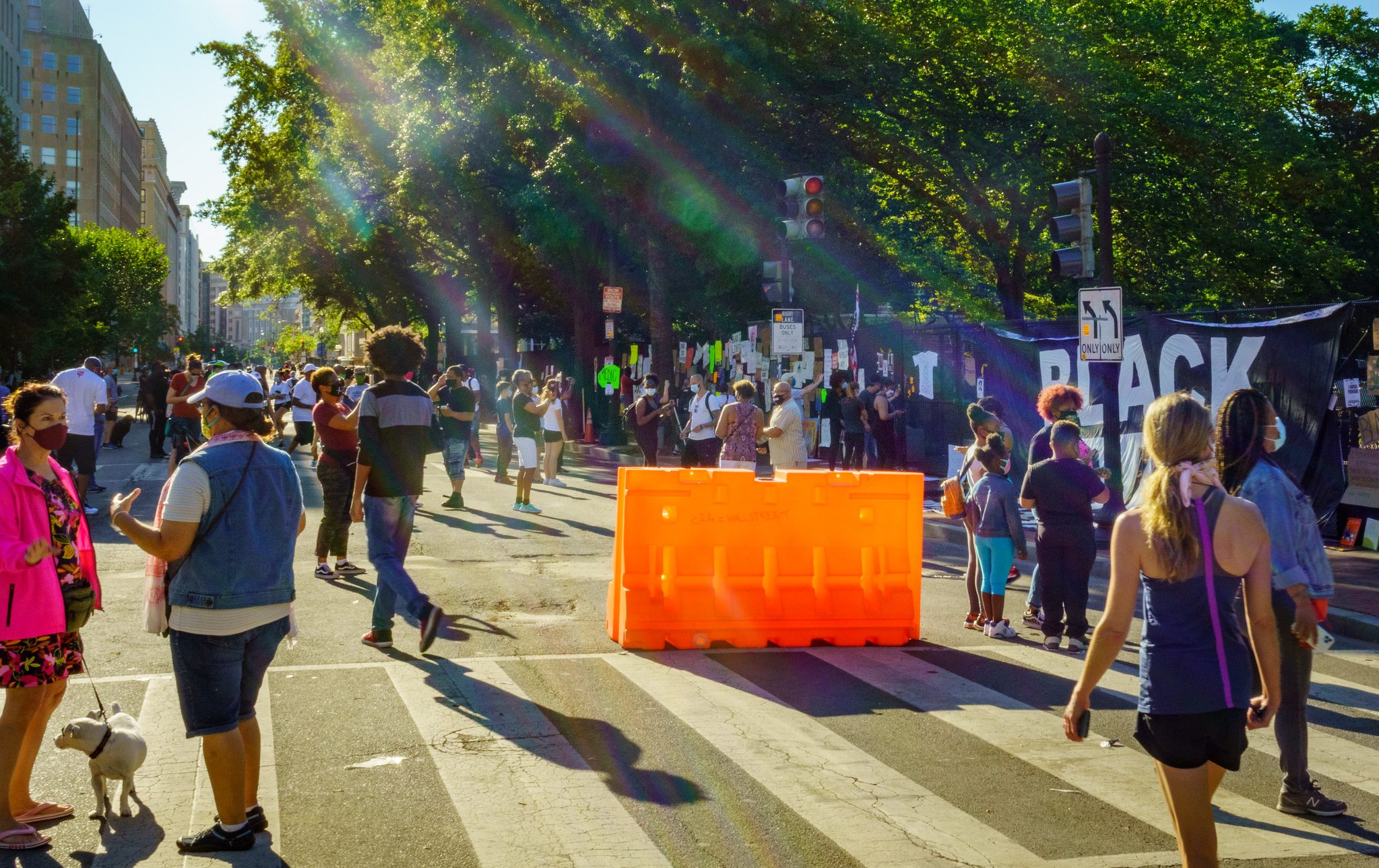Mobility Justice
Six Reasons Why Native Americans Have the Highest Rate of Pedestrian Deaths
American Indians and Alaska Natives consistently report the highest rates of pedestrian deaths per capita. A recent panel unpacked why, and what to do about it.
How Cities Can Put Equality First Through Sustainable Transportation
"One equality that good cities construct is that rich and poor meet as equals in many places — [especially] in public spaces."
Three-Quarters of Black Motorists Are Struggling With the Cost of Car Ownership
Forcing everyone to rely on cars hurts millions of U.S. families financially — but for Black families, the burden is far worse.
Three Unseen Harms of America’s Pedestrian Death Crisis
If 7,500+ dead pedestrians isn't enough inspire change, maybe the ocean of injuries, grieving loved ones and lost opportunities can.
What We Can Learn From the 30 Percent of Americans Who Can’t Drive
...and why even that number is likely an undercount.
The Dawn of the ‘Non-Driver’ Movement: A Conversation with Anna Zivarts
"At the end of the day, there are going to be folks who still can't drive and can't afford to drive — and there are still going to be a lot of us."
How Car-Centric Cities Make Caring For Families Stressful — Particularly For Women
Women do a disproportionate share of the care-related travel their households rely on — and car-focused planning isn't making matters easier.
How Feds Can Help End Racially Biased Policing on the Roads
Policing is often seen as a state or local issue — but US DOT could play a huge role in encouraging better practices, a new report argues.
Is the Environmental Racism of the Past Repeating Itself in Buffalo’s Expressway Project?
The construction of the Kensington Expressway devastated a predominantly Black neighborhood in the 1960s. And some advocates fear a new proposal to cap it won't be much better.
How the Next Generation of Mobility Justice Leaders Are Fighting For Transportation Equity
... and what they wish other transportation advocates knew about their work.

